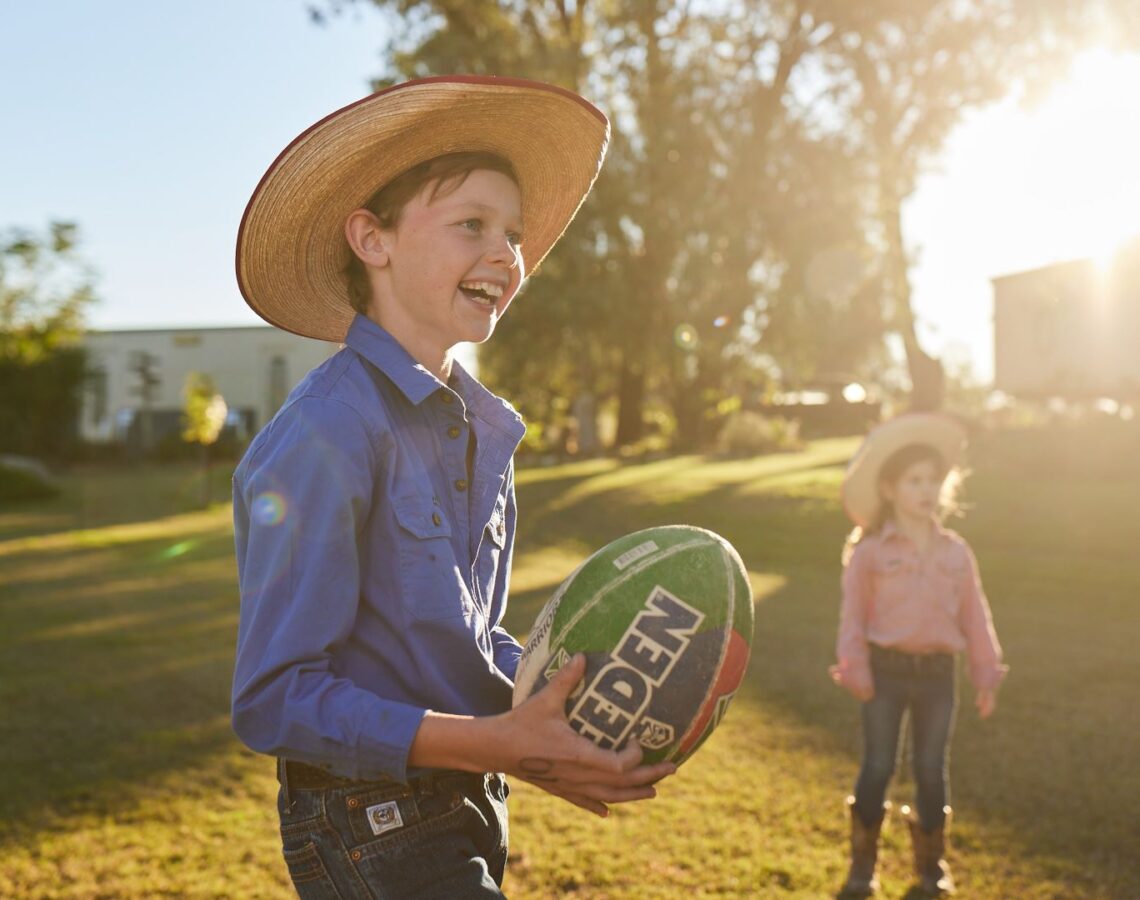Launch of new plan to help Queenslanders maintain or return to good mental health

- Thriving Lives, Connected Communities lays the foundations for an Australian-first strategy to take a deliberate wellbeing approach to mental health
- Young adults are struggling with 87% reporting some form of negative change in their personal health and wellbeing over the past year
- Among Queenslanders aged 14 to 25 years, 59% report feeling tired ‘all or most of the time’ and 56% feeling ‘everything is an effort’
The Queensland Government has launched a nation-leading plan to improve the mental health and wellbeing of all Queenslanders.
It comes as new research commissioned by Health and Wellbeing Queensland, the state’s prevention agency, and conducted by Enhance Research reveals almost 9 in 10 young adults report some form of negative change in their personal health and wellbeing over the past year.
Thriving Lives, Connected Communities – Queensland’s Commitment to Mental Health and Wellbeing was developed by Health and Wellbeing Queensland in partnership with the Queensland Mental Health Commission and marks the Queensland Government’s first step in delivering a statewide mental health and wellbeing strategy.
Health and Wellbeing Queensland Deputy Chief Executive Officer Gemma Hodgetts said Thriving Lives, Connected Communities sets the direction for future action on an individual, community and collective level to prioritise the health and wellbeing of Queenslanders to drive positive mental health outcomes.
‘Young Queenslanders, who should be our most vibrant, energetic and hopeful generation, are struggling,’ Ms Hodgetts said.
‘Almost one in two Queenslanders will experience mental ill-health in their lifetime, with people influenced by different protective and risk factors for their mental health during different stages of life.
‘It is incredibly concerning that almost 9 in 10 young adults report their health and wellbeing has become worse in the past year.
‘Over half of those aged 14 to 25 years report feeling ‘tired for no reason’ or that ‘everything was an effort’. These are the warning signs of a generation burnt out and in need of help.
‘About 75% of mental disorders emerge before the age of 24 years so we need to act now to support the individual, community and collective mental health and wellbeing of Queensland.’
Thriving Lives, Connected Communities is the first phase of the Queensland Government’s $4 million commitment to developing a mental health and wellbeing strategy.
The Commitment outlines $308.8 million in current investments in mental health and wellbeing over 2024–25 and future years and a new $9 million grants program over three years for eligible community-based initiatives to enhance wellbeing and support good mental health.
‘Thriving Lives, Connected Communities recognises that mental health is interconnected with physical, emotional, social, cultural and environmental factors,’ Ms Hodgetts said.
‘It’s widely recognised that maintaining high levels of wellbeing protects good mental health and aids recovery from mental illness.
‘That’s why we’re delivering Australia’s first strategy to take a deliberate wellbeing approach that focuses on population wellbeing to help Queenslanders maintain or return to good mental health.’
Queensland Mental Health Commission acting Chief Executive Officer Amelia Callaghan said the commitment builds on the extensive work the Commission has already done to promote population mental health and wellbeing and prevent mental ill-health.
‘The Commission supports the Queensland Government’s commitment including $9 million in mental health and wellbeing grants for Queenslanders to enhance their social and emotional wellbeing,’ she said.
‘Mental health is more than the absence of mental illness. It’s a positive state that enables us to thrive and bounce back from the normal stresses of life.
‘Just like maintaining our physical health, we need to build mental health and wellbeing practices into our daily lives to build our resilience and enjoy life to the fullest.’
Enhance Research Chief Executive Officer George Zdanowicz said the finding that young adults were experiencing poorer health and wellbeing was consistent with research conducted over the past year.
‘High proportions of young adults reported experiencing a decline in their personal health and wellbeing over the past year,’ he said.
‘This includes feeling more stressed and anxious, having lower energy, gaining weight, and being less physically active.
‘In fact, 87% of young adults reported some form of negative change. Moreover, young adults were more likely than older Queenslanders to report feeling tired.
‘These findings are consistent with observations from other qualitative research we have conducted over the past year.’
Media contact:
0439 599 210


